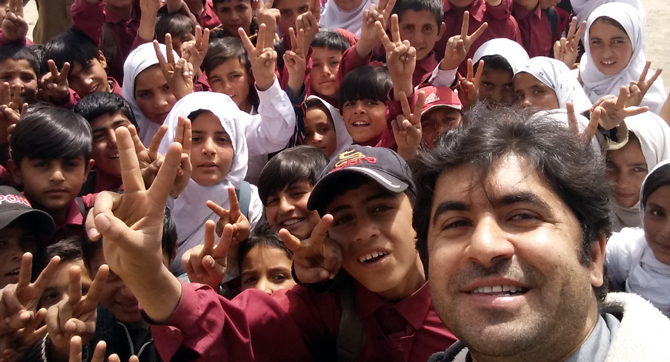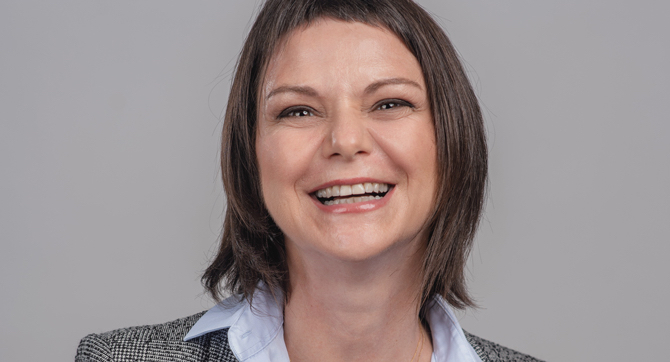The #ChangeTakesAllofUs Campaign reimagines some of the world’s most pressing issues through the perspectives of Seeds of Peace community members.
These educators reimagine education as a path to end oppression.

Asghar (2019 GATHER Fellow)
I firmly believe that education ends generational cycles of poverty and counters oppression: Education is a key indicator for determining peace within societies, as it encourages good governance, stability and helps to fight against corruption, while also giving people the basic sense to resolve conflicts. Literate people are more likely to participate in the democratic process and exercise their civil rights, at least they start understanding the basic politics going around them.
Asghar is the Founder & CEO of the DEWA Foundation.

Keren (2017 Israeli Delegation Leader)
I imagine an education system that values humanistic morals and promotes a culture of peace—where violent solutions are delegitimized and dialogue, love, acceptance of and empathy toward the “other” are fostered.
We can begin building this system immediately by training teachers to become activists who will implement those values inside and outside of class, thereby encouraging students to make change, even in communities where change is feared.
Through teaching a culture of peace, awareness and understanding of global problems—like human rights, gender and racial equality—we can begin the process of bringing an end to oppression and conflict.
Keren is an educator, social activist, blogger, and 2020 GATHER Fellow.

Daniel (Director, Seeds of Peace Educator Programs)
The way I see it, conflict is an intrinsic part of human relationships—in families, among lovers, friends, enemies, or anything in between.
Through education, we have the potential to learn how to handle conflict without resorting to violence and the chance to grow. The educator’s calling is to inspire an ethos of genuine curiosity; to cultivate empathy and imagination; to provide tools for sifting through evidence and reflecting upon experience, along with constant opportunities to practice.
While the intention over the long haul is to integrate such learning into the cultural, social, and economic systems that make up human experience, education alone will not bring an end to oppression (if that’s possible).
Educators can encourage a rooted autonomy within a constellation of equality and dignity for others cultivating their own rooted autonomy, too. Essential for freedom—this is enough work.
Daniel has taught American Studies at Al Quds University in Abu Dis as well as Social Studies at Harvard University. He has a Ph.D. in American History from the University of Rochester and a B.A. from the University of Wisconsin-Madison.

